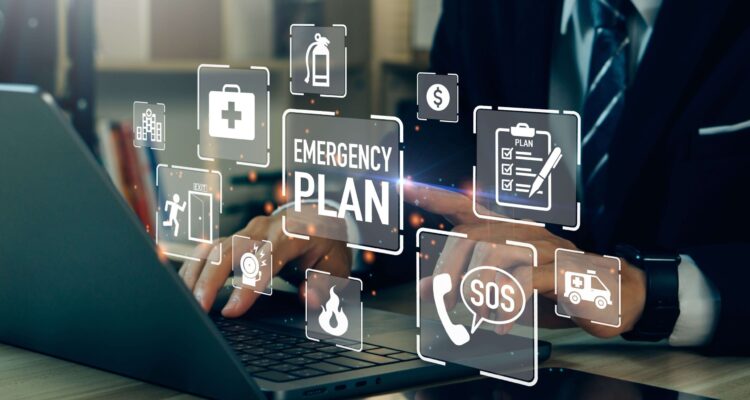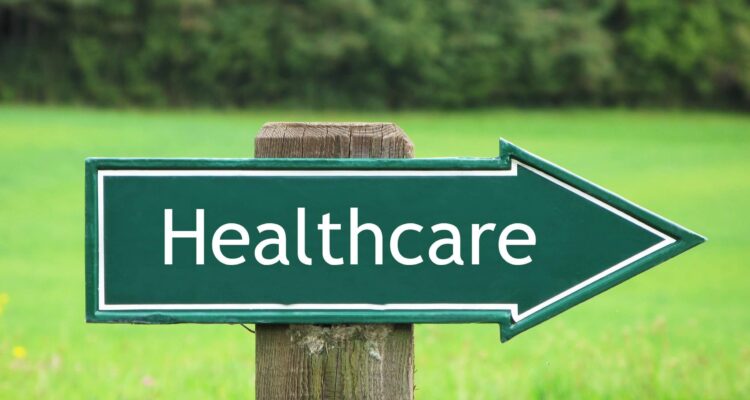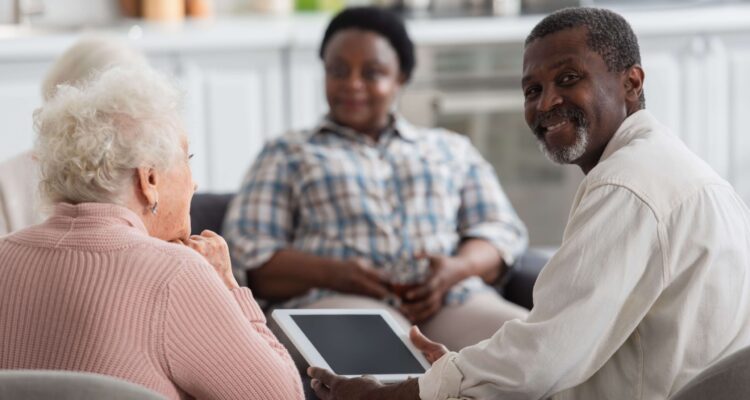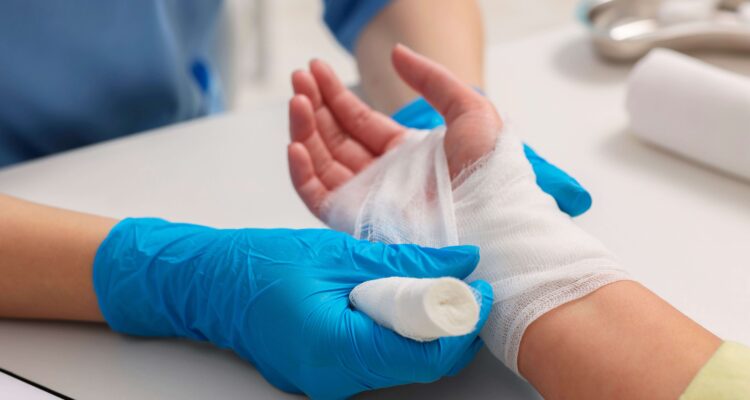In the charming town of Lone Pine, CA, a healthcare revolution is quietly unfolding. Rural…

The Importance of Quick Response in Emergency Situations
The Importance of Quick Response in Emergency Situations
In emergency medical situations, rapid response can be the difference between life and death. Healthcare providers across the country are dedicated to ensuring patients receive the care they need when time is of the essence. With experienced professionals overseeing urgent care facilities, patients can trust that they are in capable hands during critical moments.
Why Quick Response Matters
In emergency medical situations, the speed of response is crucial. Whether it’s a heart attack, stroke, or an accident, immediate medical attention can drastically improve outcomes and even save lives. Prompt action can prevent complications, reduce the severity of injuries, and improve the chances of recovery.
Emergency Response in Various Medical Situations
Emergencies can come in many forms, each requiring a specific set of actions:
Heart Attacks
During a heart attack, every second counts. The quicker the response, the better the chances of minimizing heart damage and improving survival rates. Recognizing the symptoms, such as chest pain, shortness of breath, and discomfort in the upper body, and calling emergency services immediately can make all the difference.
Strokes
Like heart attacks, strokes require immediate medical attention. The acronym F.A.S.T. (Face drooping, Arm weakness, Speech difficulties, Time to call 911) is crucial for identifying stroke symptoms and acting swiftly. Rapid treatment can prevent long-term disabilities and improve recovery outcomes.
Accidents
Accidents can happen anytime and anywhere, often resulting in severe injuries that require urgent care. Quick medical attention can prevent further damage and accelerate the healing process. Emergency services are equipped to handle various types of trauma with efficiency and care.
Steps to Take in an Emergency
Knowing what to do during an emergency can help you respond effectively:
Recognize the Emergency
Identifying the signs of a medical emergency is the first step. Whether it’s unusual pain, sudden symptoms, or witnessing an accident, understanding the indicators can prompt faster action.
Call for Help
Immediately call emergency services. Provide clear and concise information about the situation, so responders know what to expect and can prepare accordingly.
Administer Basic First Aid
If safe to do so, and if you’re trained, administer basic first aid while waiting for professional help. Simple actions like applying pressure to a wound, performing CPR, or positioning someone correctly can be lifesaving.
Why Rapid Action is Crucial
Many life-threatening conditions worsen over time. For instance, the longer the brain goes without oxygen during a stroke, the higher the risk of permanent damage. Rapid action can stabilize the patient, ensuring they receive the appropriate treatment as soon as possible.
Improving Recovery Outcomes
Prompt medical care can shorten recovery times and improve overall outcomes. Quick intervention often means less invasive treatments, fewer complications, and a faster return to daily activities.
Reducing Healthcare Costs
Preventive and immediate care can reduce long-term healthcare costs by addressing issues before they escalate. Early treatment can prevent the need for extensive and expensive medical procedures later on.
The Role of Emergency Care Facilities
Emergency care facilities play a crucial role in providing urgent medical attention. These facilities are equipped with state-of-the-art technology and dedicated teams ready to respond to any emergency. With experienced professionals leading medical teams, patients can be assured of receiving top-quality care.
Next Steps
In any emergency situation, quick response is vital. Being prepared, recognizing the signs of distress, and knowing when and how to act can save lives. Emergency care providers are dedicated to providing swift and efficient care, ensuring that when emergencies strike, communities are well supported.
For more information or immediate assistance, don’t hesitate to contact us at (760) 876-5501 or visit sihd.org.




 Copyright
Copyright
This Post Has 0 Comments